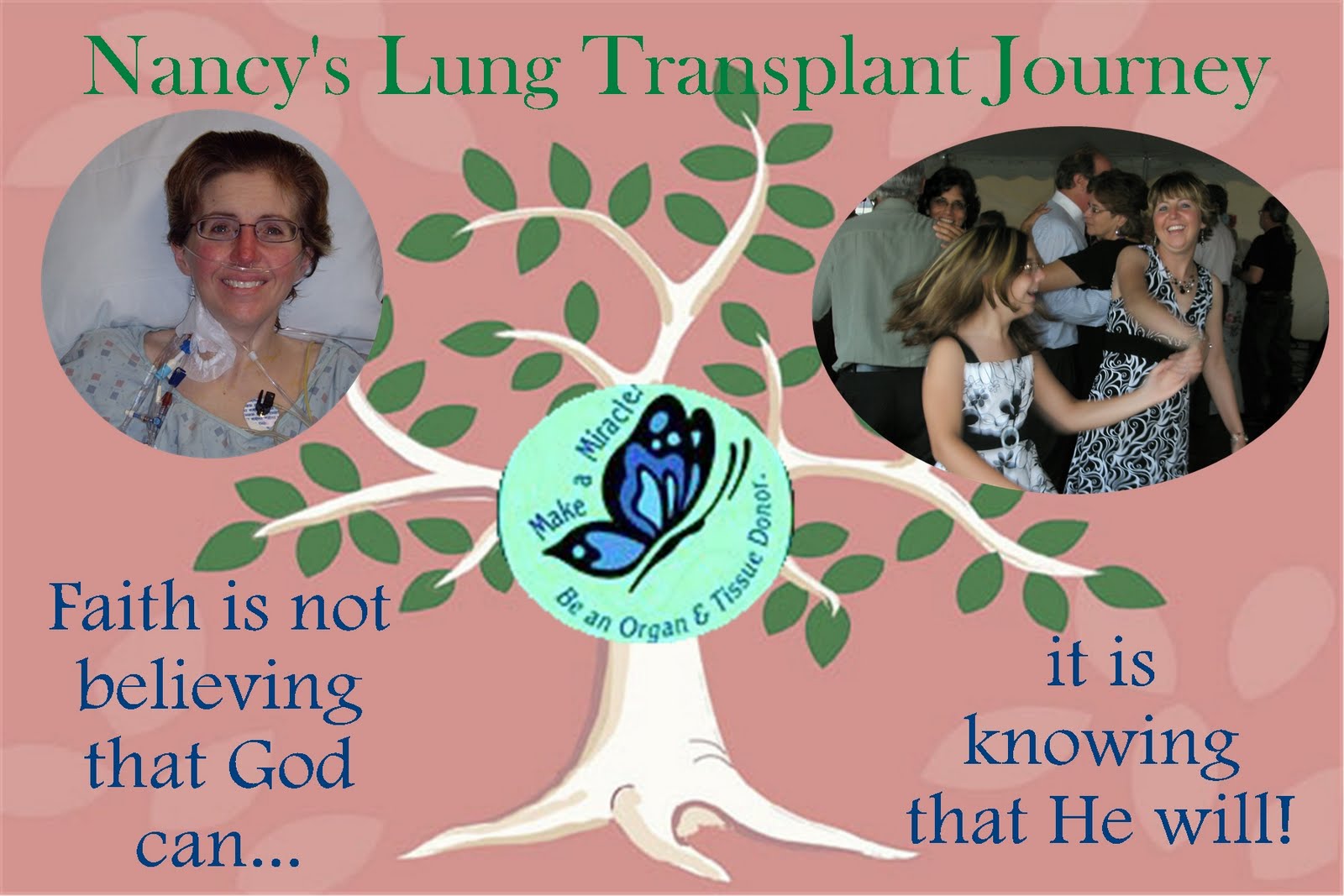SCIENTISTS could be closer to a cure for cystic fibrosis after successful trials of an experimental drug targeting the underlying cause of the genetic lung disease.
A global clinical trial, including patients from Australia, has found the drug ivacaftor dramatically improved lung function and reduced infections for people with the inherited disease.
The results have raised hopes that ivacaftor could stop life-threatening lung diseases developing in cystic fibrosis patients and help extend their life expectancy. But while ivacaftor is the first drug to successfully target the cause of cystic fibrosis, it can be used only by a small number of patients who share the same genetic mutation.
One of the Australian scientists involved in trials of ivacaftor, Associate Professor Scott Bell, said about 8 per cent of the 3000 cystic fibrosis patients in Australia could potentially benefit.
"While it's an exciting breakthrough it's not going to be for all patients with cystic fibrosis," Prof Bell said. "But it gives us hope for drugs that are being developed that might improve outcomes for cystic fibrosis patients with more common or other cystic fibrosis genes.
"It shows what might come over the next five, 10, 15 years."
There are about 1800 cystic fibrosis genetic mutations, many of which are being targeted by other drug trials. The mutation targeted by ivacaftor is known as GFF1D, the second most common mutation shared by Australian cystic fibrosis patients.
For the ivacaftor trial, 19 of the 161 patients who took part were from Australia. Each had at least one copy of the GFF1D mutation. Half the group was given one ivacaftor tablet twice a day for 48 weeks while the remainder received a placebo. By the end of the study, published today by the New England Journal of Medicine, those taking the drug were 55 per cent less likely to have problems like coughing and shortness of breath compared with those given the placebo.
Cystic fibrosis affects a number of organs, particularly the lungs and pancreas by clogging them with a thick, sticky mucus. As a result, patients can develop repeated chest infections which can cause irreversible lung damage and death.
Prof Bell, of the Queensland Children's Medical Research Institute, said while it was too early to call ivacaftor a cure as long-term studies were needed, it was "a first step along that path".
Cystic Fibrosis Australia CEO Terry Stewart said ivacaftor was an important breakthrough drug and that other similar ones were being tested in the hope they could be used by a wider group of cystic fibrosis patients.
"There's wonderful progress that's been made, particularly in the past three or four years," Mr Stewart said. "These are totally new types of drugs that will provide quality of life in a different way. They're helping us deal more directly with the problem."
The company behind ivacaftor, Vertex Pharmaceuticals, hopes to have regulatory approval for the drug granted by authorities in the US and Europe in 2012. If successful, it plans to makes similar applications in Australia, New Zealand and Canada.
Read more: http://www.news.com.au/breaking-news/drug-breakthrough-for-cystic-fibrosis/story-e6frfku0-1226184925621#ixzz1d4u8ivj6

No comments:
Post a Comment